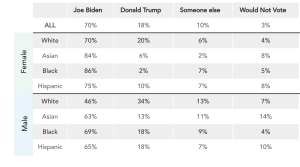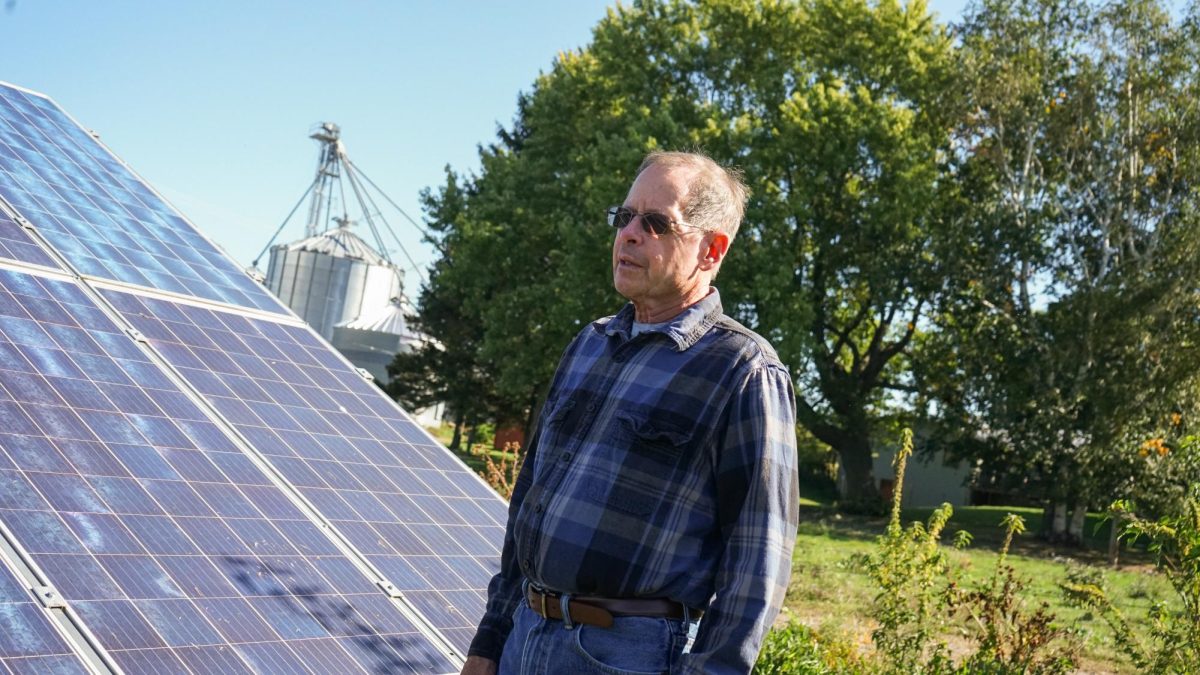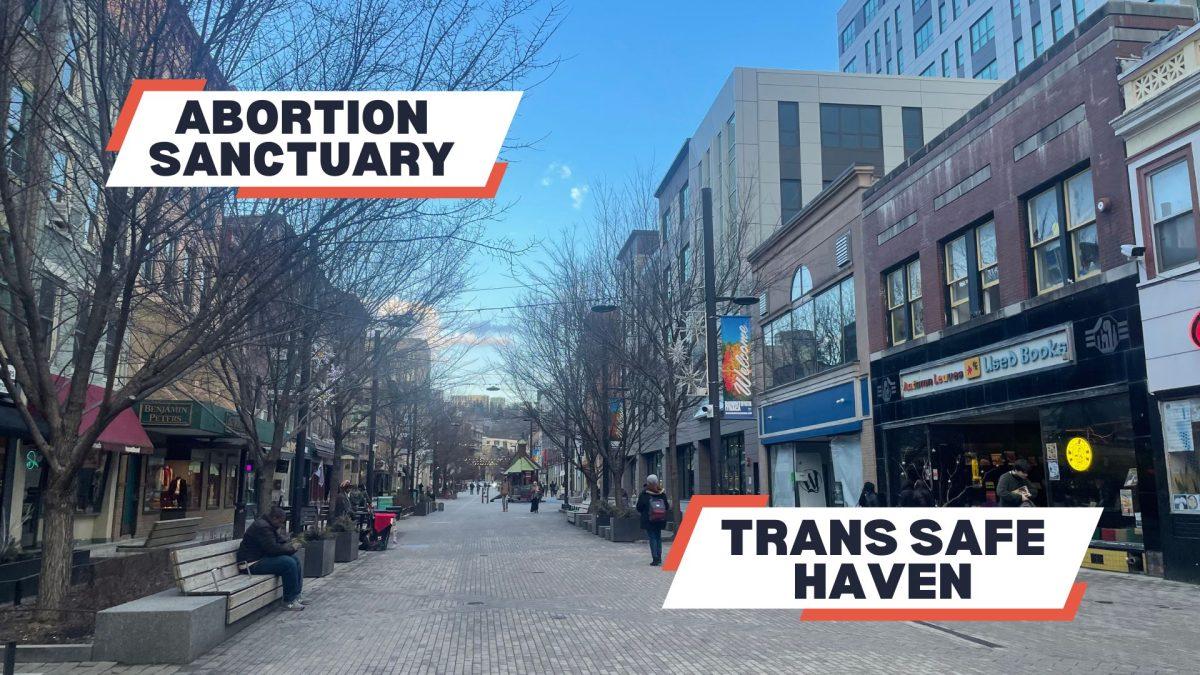College voting and COVID-19 survey
A recent survey from College Pulse and The Knight Foundation, which surveyed 4,000 undergraduate students enrolled in four-year programs, suggests trends of college voters in the upcoming 2020 election.
The survey, conducted Aug. 9-12, included the responses of college students via the College Pulse mobile app and web portal. This data was used to measure the general response to voting during the election amidst a global pandemic.
The study was conducted in response to prior research by the Knight Foundation, which surveyed 12,000 non-voters, and revealed that citizens ages 18-24 were the least interested in voting in the 2020 election.
The recent social, political, and economic affairs which have arisen in the wake of the 2020 election prompted the foundation to follow up on college-voting trends.
Key takeaways from survey
The survey reveals the opinions of college voters. The data shows that 71% of respondents say they are “absolutely certain” they will vote this year, and female students expressed greater certainty than male students.

Additionally, students expressed doubt about the legitimacy of the election. Specifically, 49% of students responded that the election will not be fair and open, and 55% responded that the election will be administered poorly.
Although enthusiasm for both candidates was ranked particularly low by respondents, more students intend to vote for Joe Biden as opposed to Donald Trump. Of the surveyed population, 70% of students stated they will vote for Biden.
Ithaca College students discuss important election issues
According to the College Pulse study, 63% of respondents intend to vote by mail. Jackson Gallati, a senior Cinema and Photography major at Ithaca College, cast his vote for Biden via mail-in ballot.
In regards to the mail-in ballot system, Gallati said he is confident in the legitimacy of this particular means of voting.
“There’s been deep dives into the entire history of American elections, and when fraud was a problem it was such a minuscule thing,” Gallati said. “I would be far more concerned with interference from international governments.”

Eli Bernstein, a senior Cinema and Photography major at Ithaca College, said he questions the legitimacy of the Electoral College system. In 2016, even though Trump did not win the majority of the popular vote, he was able to secure the number of electoral votes needed to win the election.
“I wouldn’t say I’m not confident in the legitimacy of counting ballots. I would say I’m not confident in the structural integrity of the election and the whole electoral system,” Bernstein said.

Thirty-three percent of survey respondents stated that their biggest concern in the upcoming election is the issue of COVID-19. The second important issue was race relations, to which 22% of respondents agreed was the prominent issue in the election. Twelve percent of students responded that the most important issue in the upcoming election was climate change.
Gallati said that he thinks the most important issue the country is facing is the Coronavirus, but he was motivated to vote in this election for other reasons.
“It seems like so many reasons kind of fall to the side when the two options are Biden and Trump,” says Gallati. “He [Biden] is a good emulator of what an American citizen should be. That’s part of being a leader and that’s part of being a President, I think.”
Bernstein said he feels compelled to vote for the candidate who will bring about the greatest change for the climate crisis, but does not believe that voting for a single issue is productive.












